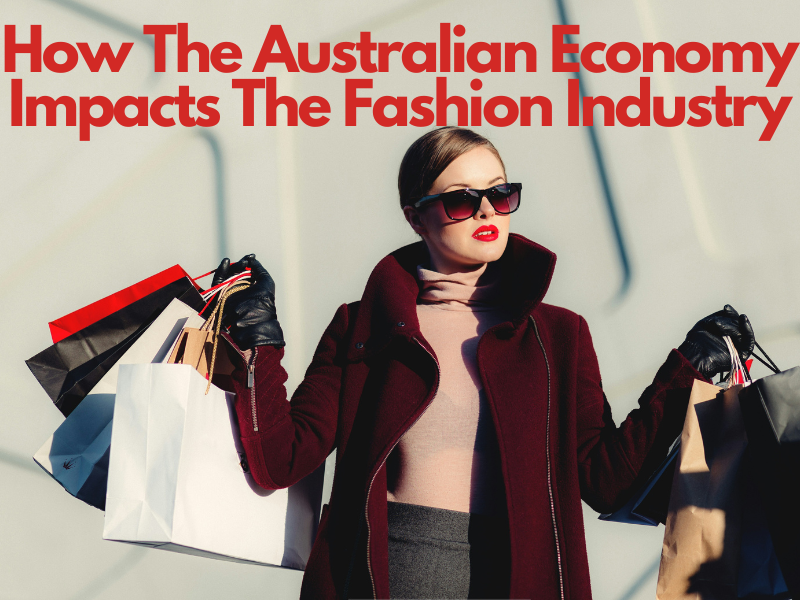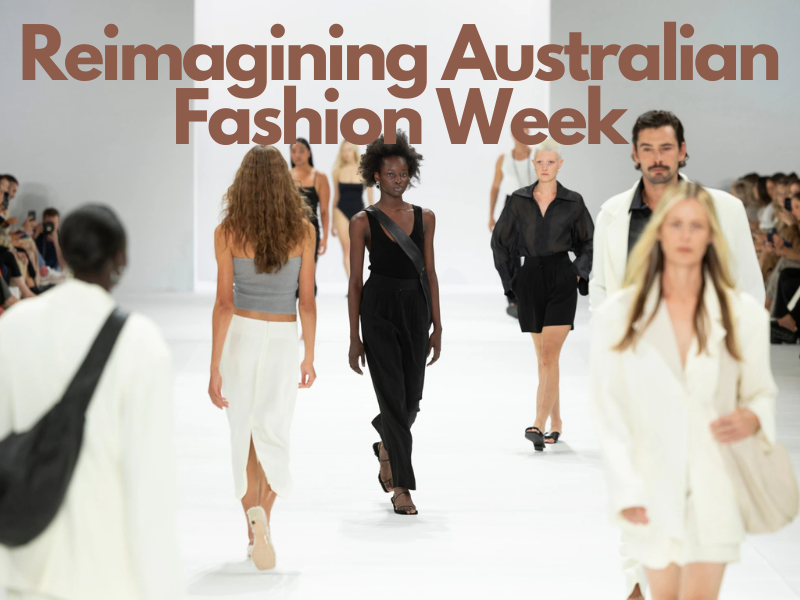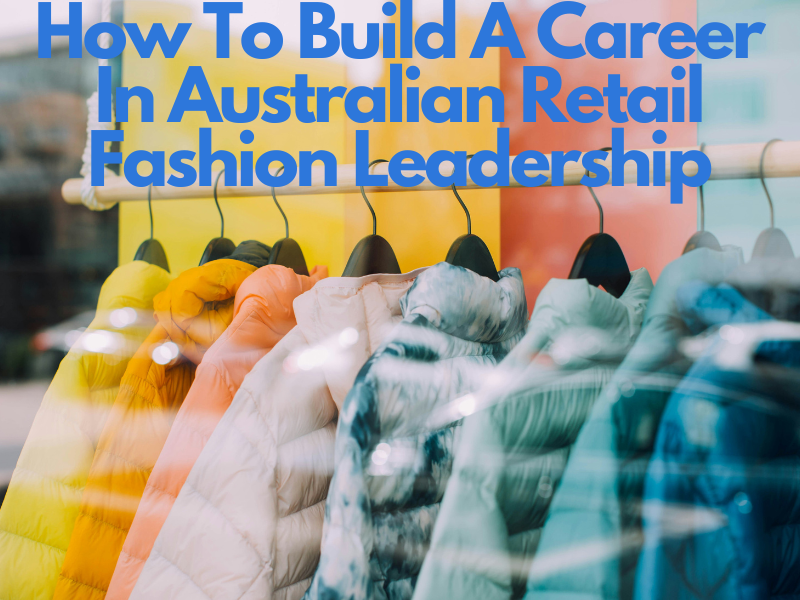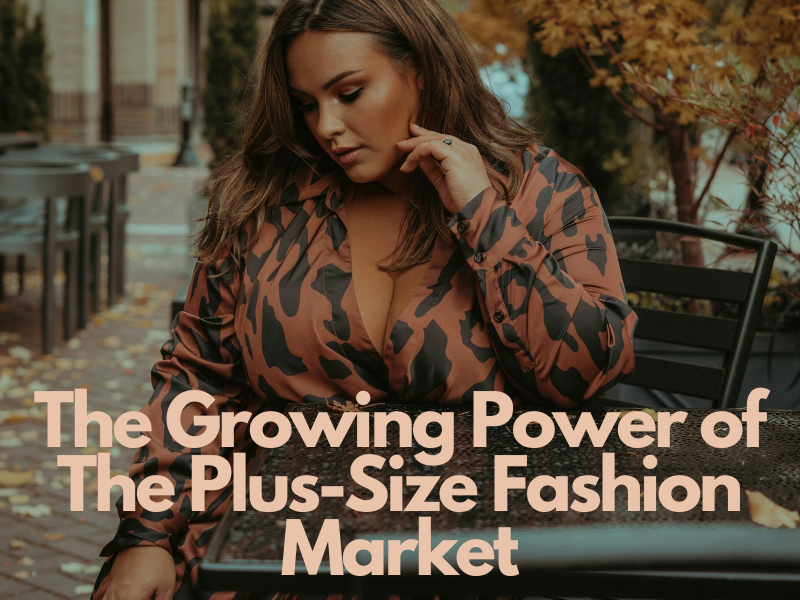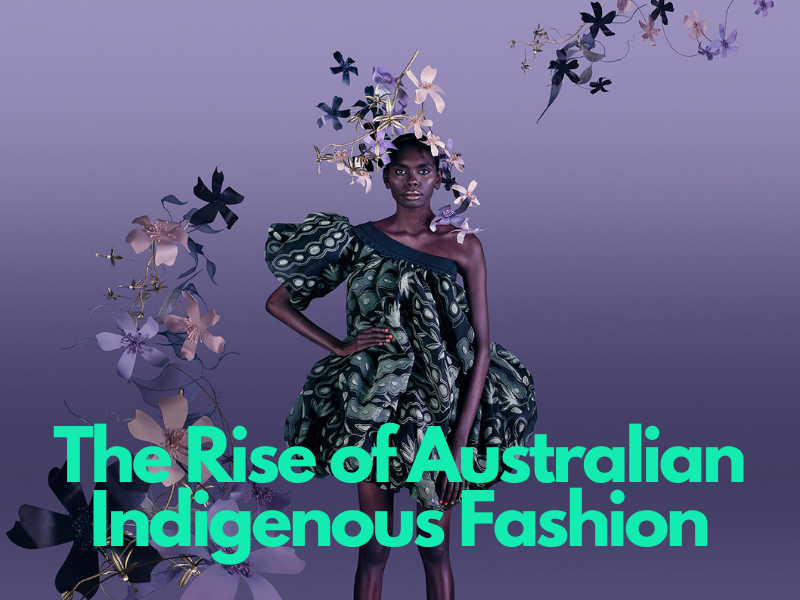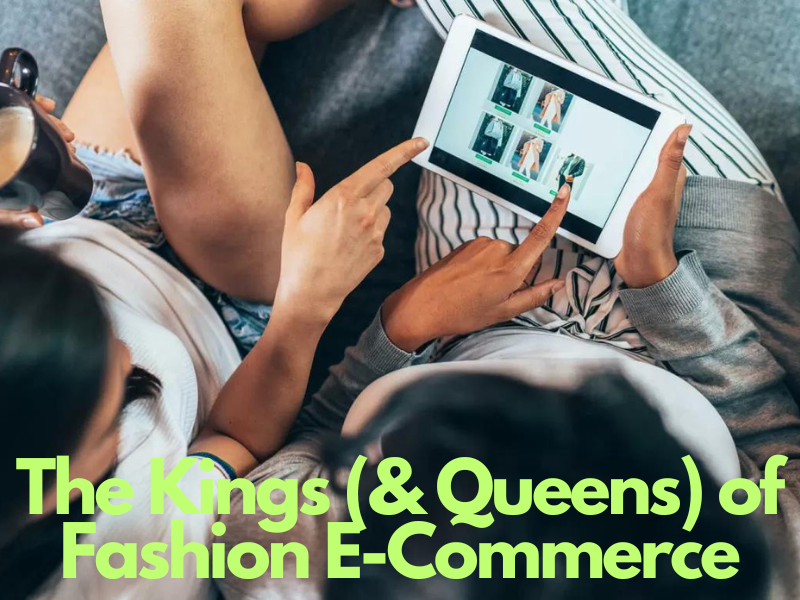MAKE IT IN MELBOURNE
After the significant effect of the pandemic on offshore manufacturing, small batch production has returned to Melbourne. Many Melbourne brands are choosing to produce locally after increased support from consumers.
Buyers have become increasingly aware of how their clothing is produced and want to support locally made fashion. It does, however, come at a price. Margie Woods, Co-founder of label Viktoria & Woods has been producing her garments in Melbourne since her business began 18 years ago. She said that for many years she was in the minority: “We design from a sketch, which we then move to our sample machinists, and pattern makers will interpret the sketch, and then we’ll fit on a model in-house... it’s very tactile and every piece of it is developed in-house,” she said. “I don’t know any other way to work, to be honest with you.”
Other businesses producing locally include
Country Road. In 2021 the brand enlisted Australian
cotton farmers and Victorian manufacturers when the iconic ‘90s Heritage sweats were re-released. Country Road Managing Director Elle Roseby said that due to the success of the campaign, a focus on local production was likely to continue: “When we released the sweats we were waiting to see if our customers would support Australian made,” Roseby says. “We’ve had to repeat production at least another four times since launch. There was obviously an appetite.”
In order to get local manufacturing off the ground, the cost base had to be considered carefully. It’s not cheap and as such, tends to make more sense to custom labels. Partnerships with local manufacturers also need to be built over time: swapping or setting up local manufacturing partnerships can take a while to establish.
Vicki Nicola, educator in fashion and millinery at the Kangan Institute, said fashion manufacturing played a significant role in Melbourne’s history. Flinders Lane was the hub of manufacturing with other catchment areas in Collingwood and Richmond.
Says Nicola: “There is a rise to more companies making locally but we have an acute shortage of workers and materials and an increase in demand for locally made product that is outstripping the supply.”
Both Woods and Nicola speak at an upcoming event at Melbourne Fashion Week, called “Make it Melbourne” which includes the premiere of a three-part documentary based on Melbourne’s emerging garment manufacturing hubs.
Does your business manufacture locally?
Janine, Amy and Natalie would love to speak to you about your experiences.


